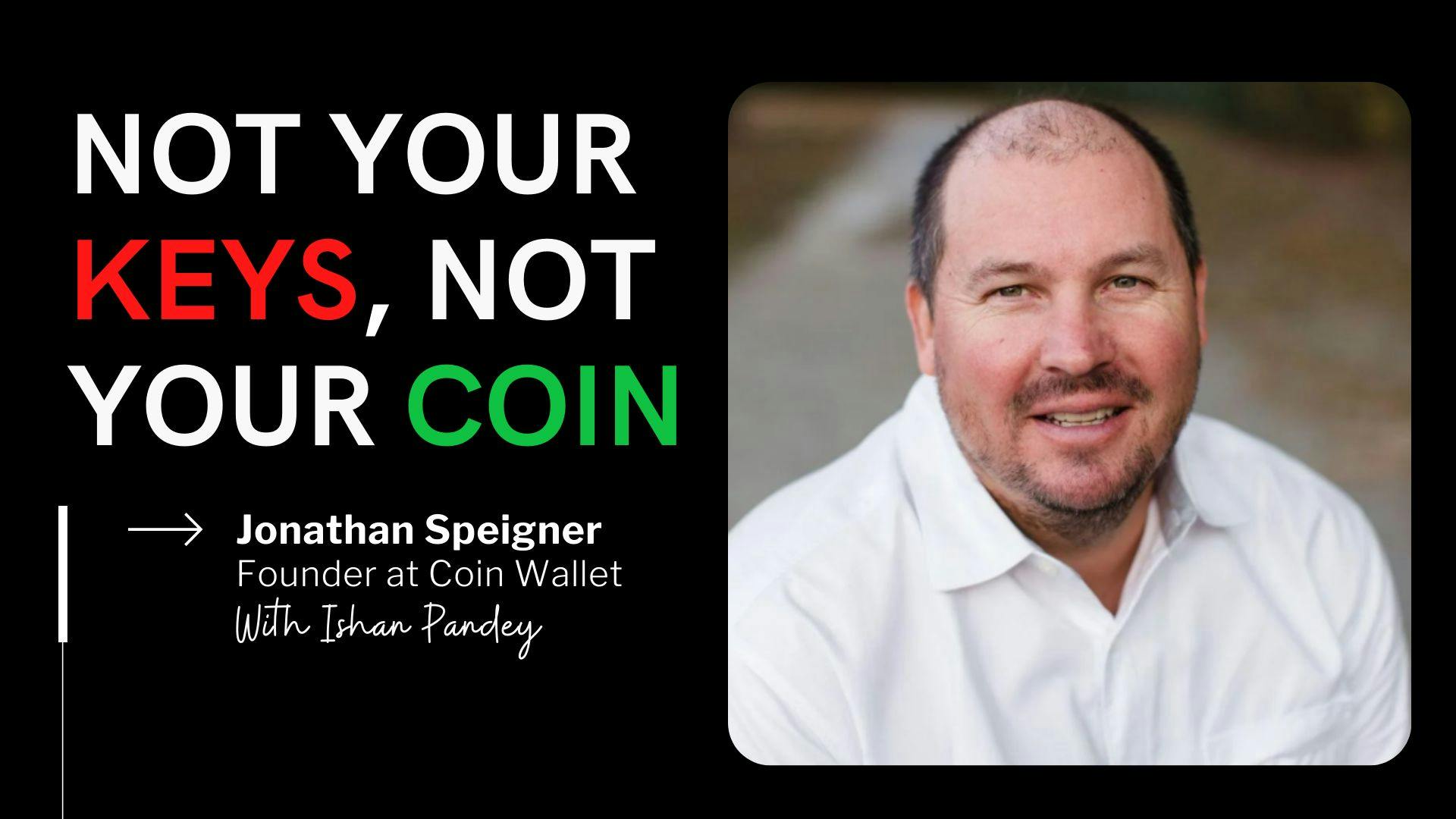204 reads
#Facepalm: "Google Intending To Ban ICO ADs Ended Up Banning Crypto Wallets Too" - Jonathan Speigner
by
June 26th, 2021

Building and Covering the latest events, insights and views in the AI and Web3 ecosystem.
About Author
Building and Covering the latest events, insights and views in the AI and Web3 ecosystem.
